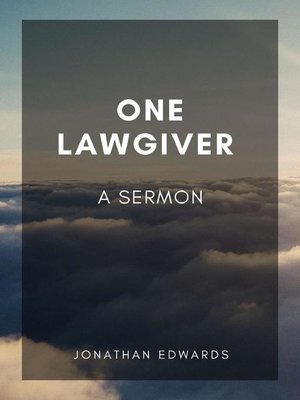
Sign up to save your library
With an OverDrive account, you can save your favorite libraries for at-a-glance information about availability. Find out more about OverDrive accounts.
Find this title in Libby, the library reading app by OverDrive.



Search for a digital library with this title
Title found at these libraries:
| Loading... |
THE sublimest subject of contemplation for the mind of man is, unquestionably, the Being who made him. But the character of God is an immense field. He who attempts to traverse one side of it, leaves others unseen. Nay, it is infinite, — it is boundless. Man can never have exhausted it. That part of it, however, which comes within the range of his vision, has varied aspects. To no one of them can he turn and say, "This is all." They mistake, therefore, very greatly, who look at some single trait as though this were the whole of Deity.
God is the Father of our race. It is not possible to magnify, beyond its actual value and preciousness, this beautiful and tender relationship.
But the Paternity of Jehovah is not all of Him. Some of his most exalted features are seen in another direction. There is another, an opposite side of that sphere, by which his harmonious, perfect character may be represented. The text introduces him in one of the most magnificent of those other relations. There he stands forth in his most majestic attitude, — the solitary, unaided, unopposed Legislator of the Universe. "There is one Lawgiver."
That one — is God. The position of law in that system of things of which we make a part, is most remarkable, most illustrious. Everywhere we find it. Nothing exists without it. It appertains to all kinds of objects. The substance and the shadow are alike governed by it. Things material and immaterial, — the ephemeral and the immortal, — the visible and the invisible, — all, are under its sway. It lives through all life. It survives all decay. That very decay, it directs. It triumphs over all death. That death itself is but a vassal of it; for death, as much as life, is subject to some law. So that not only all objects, but all movements and all changes in those objects, fall within the province of its activity. In extent, then, it is literally and unequivocally universal.
The power of law is not less than its ubiquity. Wherever it reaches it is effective. It arranges all things. It moulds all things. It is imperial; acknowledged or denied, — beloved or hated, — received or resisted, — it makes its own way and accomplishes its own results.






